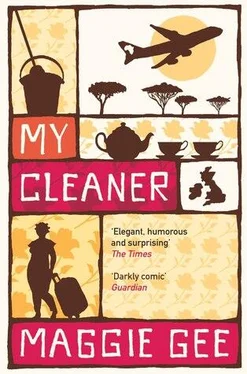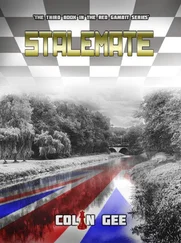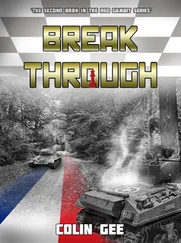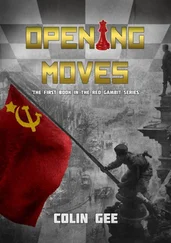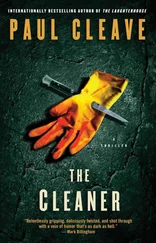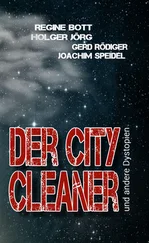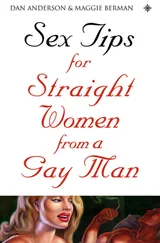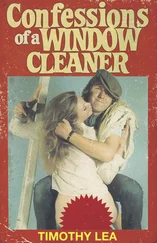The Post Office stands opposite the big foreign banks on the red main road of our capital city. The road is pot-holed by heavy rain and then baked dry in the sun again. I am used to this road, with its rivers of traffic, shaking and honking in all directions, though when I first arrived it made me sick and dizzy. I came from the village a lifetime ago, but now the city has entered my veins, dusty and bright and bursting with faces, shining black, almost blind in the sun, rushing me with them into the future.
The future grips us in its jaws. Once this was the City of Antelopes. Now there are no more golden kobs jumping away down the green slopes. So many shops selling mobile phones, dozens of them, hundreds, though many people buy them, then can’t afford to keep paying for air-time. So the city is littered with dead metal beetles. But the shops keep on springing up cheerful and hopeful, decorated in bright yellow plastic, with tidy staff in the South African style, smiling at us all in sky-blue uniforms. And there are South African burger bars, too, copies of American burger bars, where confident young people sit and smoke and talk and wave their mobiles at each other. Though surely they cannot like the food. It is ten times the price of smoked beef and matooke . They make the burgers from the animals’ entrails, teeth and hooves, stuck together with fat. My friend who works there told me about it. The ice-cream is nice. Sweet and creamy.
I sit in the linen store. Here I rule. Nze Kabaka wa wanno .
The linen store of the Nile Imperial, one of the biggest hotels in the city. Queen of these orderly white fields. It is very quiet. I am in control. I make sure the paperwork is done. Some of the newer maids are slovenly, but I soon teach them how to fill in the forms. And little Benedicta is always helpful. She sharpens my pencils, and brings me tea.
There are straight-edged bales of cloth like new snow. I never saw snow until I was in England. But I had seen it in the nursery rhyme book they taught us to read with at primary school, and there were pictures of pretty, chilly white children, and strange dark pointed Christmas trees. Later I bought my own tree, in London. My friend Abdu Mawanga helped me carry it home.
I’m a woman of the world. I have travelled, seen things. The months and years in other places. I count them up like beads on a string. Most Ugandans have never left home. I must remember I am lucky, happy. Katonda anjagalanyo .
The sun setting over Leptis Magna. Omar, my husband, took me there. It is a great ruined city in Libya. He took me there, as a wife, a lady. He had a camera. He took pictures of me, by the severed stone heads of the snakey-haired women. There were fifty of them. They were all different. Each of them looked sad in a different way. And those sadnesses survived two thousand years of history.
But we were still young, and very happy. Happiness never turns into stone. Happiness gleams like sand in your hands. We tried out the echo in the open air theatre. Beyond the stage, more sand, then sea. The sky was bright blue and had no edges. There were no clouds. It was full of hope. There was sand in my pockets for years and years. Hard bright grains to press with my fingers.
It is not only Omar’s fault that we parted. When you’re far from home, marriage isn’t easy. Munamawanga . You are different, and people are distant and suspicious. Neither of the families can support you. Nobody understands your problems.
But Omar was good. He taught me to drive. Some of his Arab friends didn’t want their wives to drive, but Omar taught me, and was proud of me. Yes, at first he loved me, and encouraged me. Our car was a second-hand Nissan Bluebird. In England, bluebirds mean happiness. A blue tin box of happiness. We closed the windows, and were warm inside. For years it was enough for us. I forgot my degree, I forgot my ambitions.
But I do not forgive him for taking my Jamie. Jamie, Jamil. Beloved boy.
Still I am glad that my husband loved me.
The sun rose over the bridges of London as my bus ran along the burning Thames. Going home from my work as the sun came up and office workers were beginning their day. The same sun we have in Africa, but there it is wrapped in white spider-thread. I got up every morning in the dark and cold while my husband Omar was still fast asleep, because he had studied until two in the morning. I did my work like the other foreigners, cleaning the offices of the sleeping English. They arrived, yawning, as we went for our breakfast, we hundreds and thousands of people from the empire. (They say that Uganda was not part of the empire, they say it was just a ‘protectorate’, which makes me laugh! Protecting us from what? From the other competing bazungu empires.)
The British Empire was already just a memory. And yet, these office workers were still our masters. They never knew us or talked to us, but we knew about them, from their wastepaper baskets. I wanted to arrive in a suit, as they did, and drink the coffee from the coffee-machine, and use their phones to call my family, and drop old chewing-gum like them, as if the ground would swallow it up. I wanted those people to know my name. (We had names for them, too, they knew nothing about: ‘Hair Shedder’, ‘Sticky Pants’, ‘Snot Finger’.)
Later in the day I went to their houses and did the same job for less money. It was the only way to enter their houses, to feel what English lives were like. Some of them pretended I was not there. I walked through their rooms, dusting their dust, shush, shush, shush, shush . I was their guest, I was their ghost.
But now I have a good job, in Kampala. I wear shiny high heels imported from Dubai, which are cheap to me, at 10,000 shillings, so I have three pairs in different colours, and pink-and-blue Masai beads from Kenya, and my flat has a TV-clock-radio and white plastic furniture you just sponge clean, all done in seconds, as good as new. And a small refrigerator with an ice-box. And a special bin for the sliced white bread I buy whenever I feel like it, and a tin for the cakes I enjoy at weekends.
I have a shelf of books left behind by hotel guests and another shelf I have bought myself, although books in Uganda are very expensive. (I own three books by Ernest Hemingway. He was a foolish man in some ways, but I like his short sentences — short sentences help you to be truthful. He told the truth about being young and having no money to buy books, like me. And about how first love slips into the past, which is also something that happened to me.) Soon I shall buy a secondhand computer, and my friend the accountant will help me to use it. I can type already, so it will be easy. Maybe I will write my own story.
I go to church regularly, of course, although my kabito does not come with me. I arrive early, and sit near the front, and sing out the hymns from my family hymn book. The pastor knows me and I am respected, though I do not rush up to the altar and bear witness in the new, American evangelists’ style.
A lifetime ago I left my village. I shall go back some day, when I have more money. I wanted to take my son to see them. The old ones deserved to see my son—
But I haven’t returned. It is my goal for the future. I will go back rich, with sugar and paraffin. Take them a netball, and a football.
I will go back with Charles, my friend the accountant. He will drive his car, and wear his suit.
(Will anyone remember me? My parents have gone, but there are still aunts and uncles. The cousins. I had so many cousins. My friends who sat on the ground with me. We sat in the shade of the mango tree. It was big, and old, with a crown of pink fingers. Sometimes we held hands, and watched the giant ants, wobbling through the dust with their long black bellies. We told each other stories about the village, and made up tales about the city, where Queen Elizabeth might be visiting our king, Kabaka Freddie. Though later the Kabaka died, in England, and people whispered that he had been poisoned.)
Читать дальше
